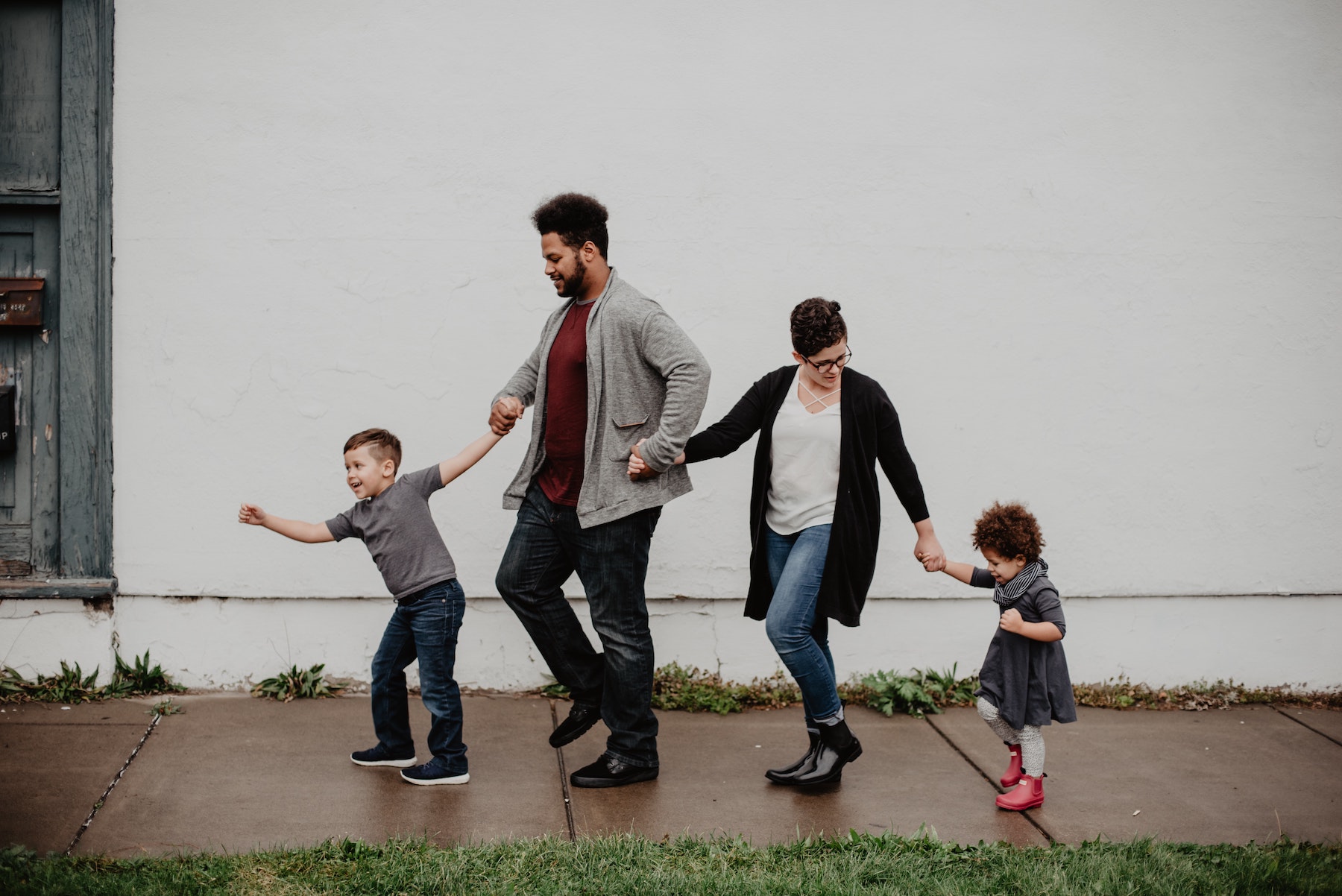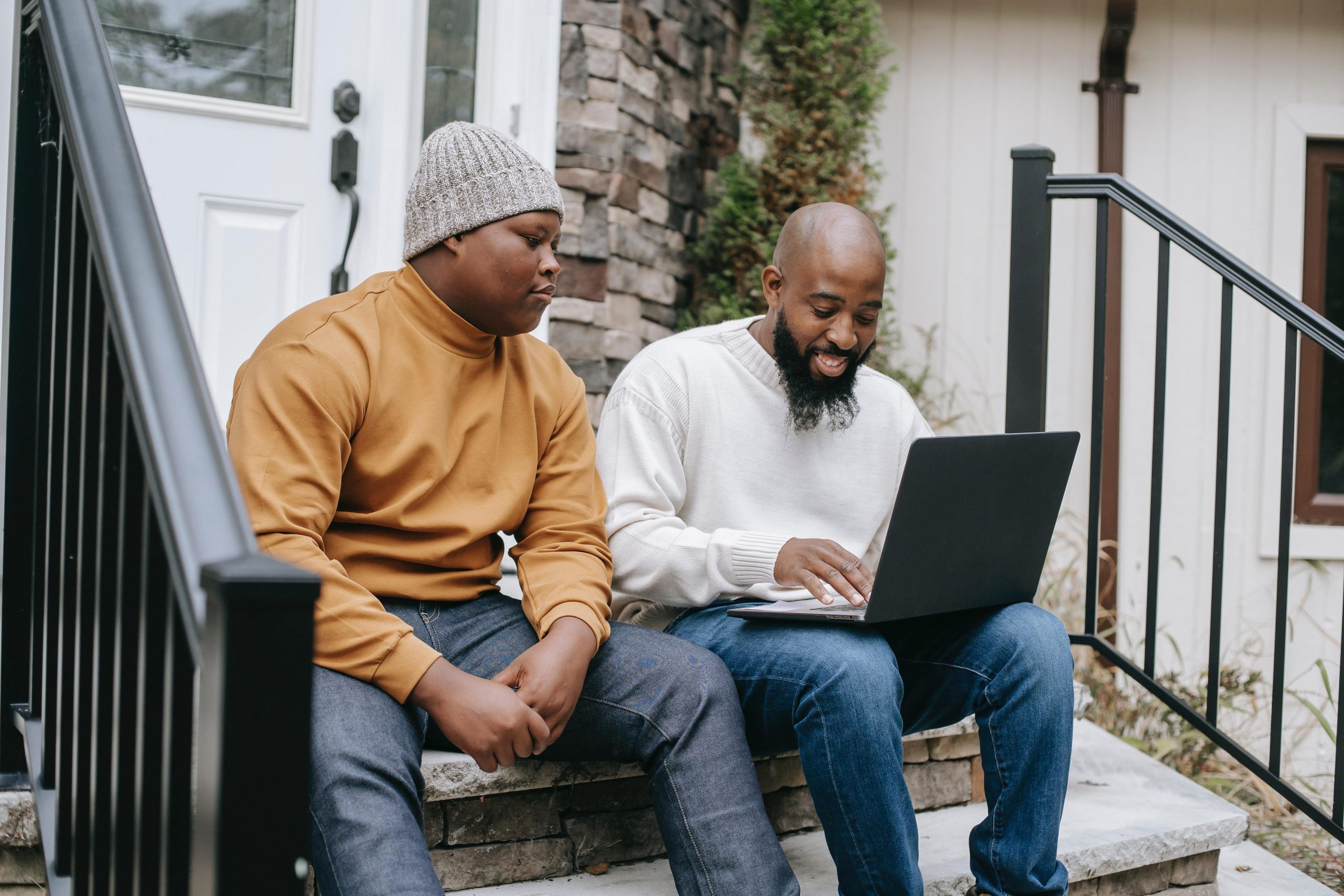
Imagine a parent of a child you know approaching you.
“Can (insert their child’s name) and I speak with you and (insert your child’s name) privately for a minute?”
Maybe this kind of “confrontational” conversation raises your blood pressure? I know it raises mine.
Thoughts spiral and I become anxious:
“What did my child do?”
“How will it affect them?”
“How will it affect me?”
But what if situations like this are the perfect opportunity for us to give something very valuable to our children?
What if the temporary discomfort of having a friendship conversation could lead to a lifelong ability to navigate relationships in a healthy way?
Instead of simply mediating conflict, or avoiding it, we have a chance to coach our kids in lessons of love.
My daughter Mya is all about “friendship benches”—she wrote about it in Kindergarten. She thinks every place should have one. It’s somewhere you can feel “chunterbole” (comfortable) and you don’t have to worry. There’s even a “sign on it so you know it’s there.”
As a parent, you have the opportunity to help your kids sort out their friendships by offering this kind of place where their feelings can be felt and shared. You can be a friendship coach.
So, how do you coach someone you love when they have been hurt or have hurt someone else? What do you say when there is a recurring issue that doesn’t seem to have a solution or resolve? What do you do when the “thing” that happens keeps happening?
The temptation is to remove your child from the situation.
If instead, you coach your child through the situation, they will learn how to navigate through difficult relational experiences and develop lasting friendships.
If we were looking at a map made by pirates (don’t we always?) you would see on the margins phrases like, “Here Be Dragons!” describing the places outside an intended route. It’s a place outside of the comfort zone, the place where danger waits.
Our kids are going to face some friendship dragons, but there’s nothing outside of the comfort zone that you can’t walk through together. You know they’re there, you can avoid them sometimes, but there’s also a way through it if you end up there. You have a developmental map that they don’t have yet and as a parent, you can help them navigate.
Here are a few ways to be a great friendship coach to your kids.
Depending on the phase your child is in, these ideas can become simpler or more complex.
Coach your kid to . . .
- Accept input and open criticism from a friend(They don’t have to agree with the situation but be willing to listen and receive new information)
- Be generous with grace and forgiveness. Don’t hold grudges.
- Have them describe what the other person might be feeling
- Share some of your own failures together
- Recount times when someone extended grace to them
- Encourage and comfort, and be open to the comfort of others
- Make a list of compliments that are sincere
- Help them learn the value of a well-timed joke (for older kids)
- Show them what appropriate touch looks like and feels like (hand to shoulder when saying I’m sorry, a hug, a handshake)
As you coach your kid or teenager, the key is being able to have empathy that doesn’t lead to self-protecting entanglement. Healthy empathy creates an environment where advice and coaching can be trusted. When they can look to you and see you listening, and when your body language shows them you’re safe and that you’re open to different solutions, they will trust you.
Let the relational bumps in the road be times and places for your child to grow the ability to love others as they love themselves. It will take time, intentionality, patience, and probably more coffee than you can make in one pot.
But one day, you might wake up to a child telling you that they are working through something with a friend and they have navigated to a place of healing and truth.
And that, my friends, is the win.




